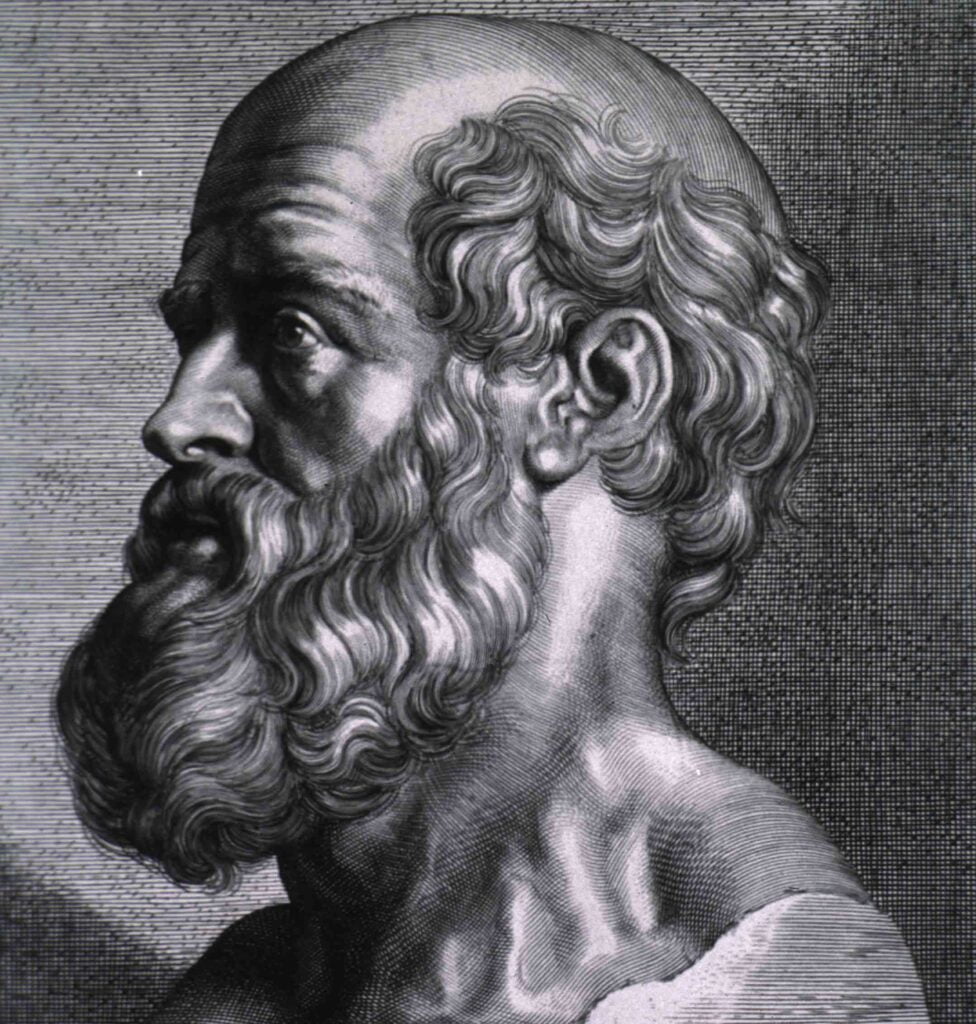Quick Facts
| Fact | Details |
|---|---|
| Full Name | Hippocrates of Kos |
| Birth Date | Around 460 BC |
| Birthplace | Kos, ancient Greece |
| Death Date | Around 370 BC |
| Place of Death | Larissa, ancient Greece |
| Occupation | Physician |
| Era | Classical Greece |
| Contributions | Considered one of the most outstanding figures in the history of medicine; known as the “Father of Medicine”; revolutionized ancient Greek medicine with the Hippocratic school of medicine |
| Major Achievements | Systematic categorization of diseases; formulation of humoral theory; use of prognosis and clinical observation |
| Notable Works | Hippocratic Corpus; Hippocratic Oath; writings on clinical medicine; advancements in medical knowledge and practices |
| Death Details | Died around the age of 83, 85, or 90; possibly in Larissa |

Hippocrates Books
| Book Title | Publication Year |
|---|---|
| The Oath of Hippocrates | 1921 |
| On Ancient Medicine | 1993 |
| On the Sacred Disease | 2022 |
| On Airs, Waters and Places | 2004 |
| Hippocratic writings | 1978 |
| Epidemics | – |
| The Aphorisms of Hippocrates | 1817 |
| The Genuine Works of Hippocrates | 1849 |
| Of The Epidemics | 2004 |
| Regimen in Acute Diseases | – |
| The Writings of Hippocrates and Galen | 1846 |
| Prognostic | – |
| Kitāb al-Ajinna Li-Buqrāṭ | – |
| La Nature de l’Homme | 1975 |
| On Head Wounds | 1999 |
| The Prognostics and Prorrhetics of Hippocrates | – |
| Peri Aerōn Hydatōn Topōn (On Airs, Waters and Places) | 1800 |
| Hippocrates: With an English Translation | – |





